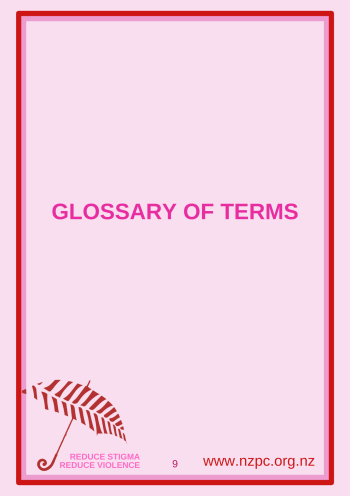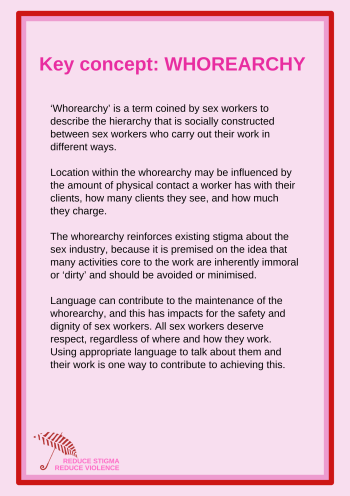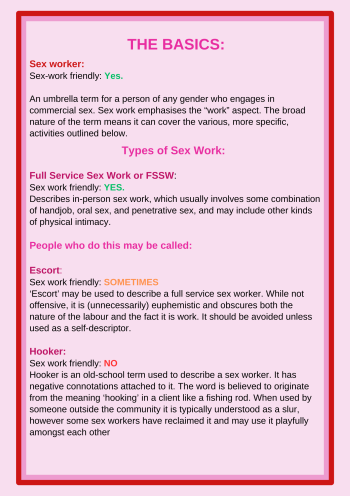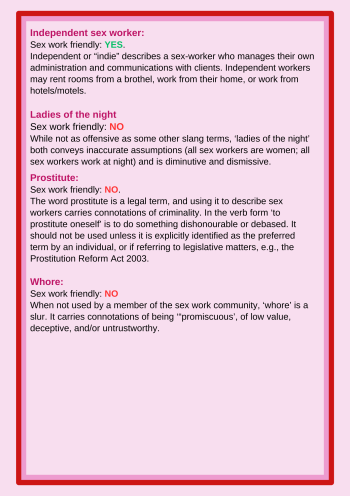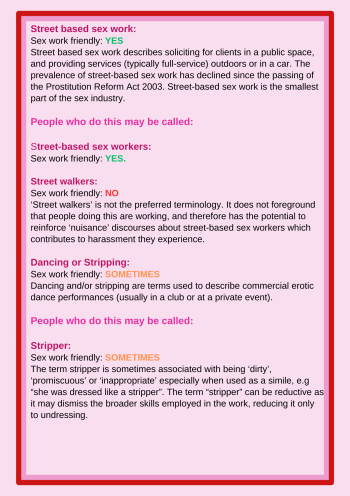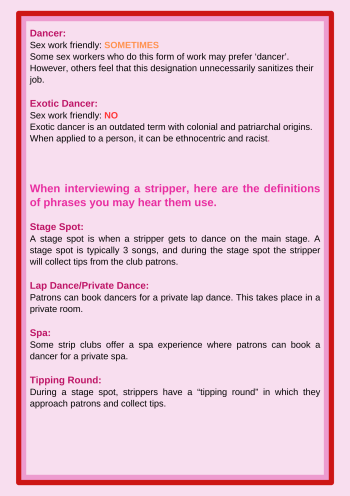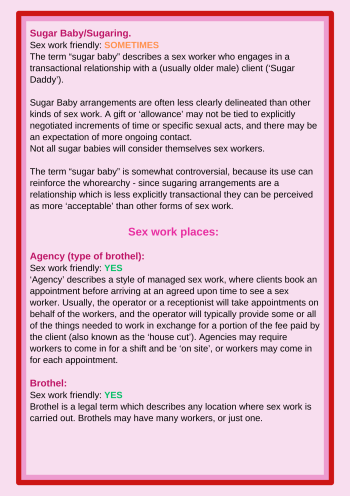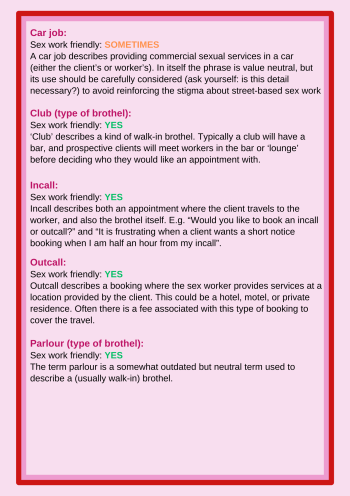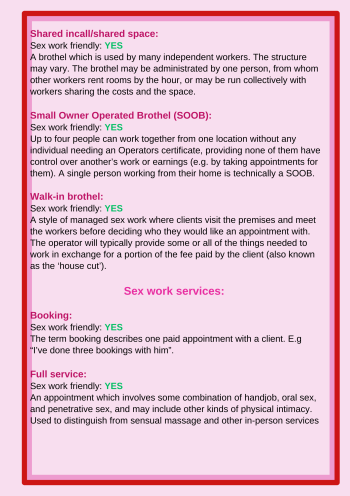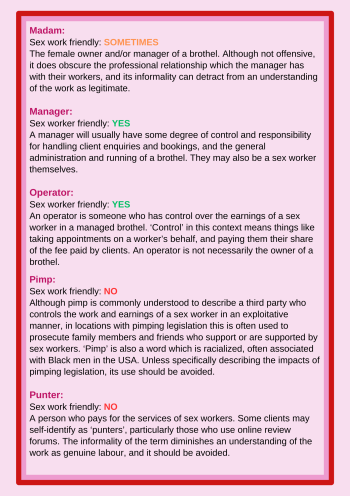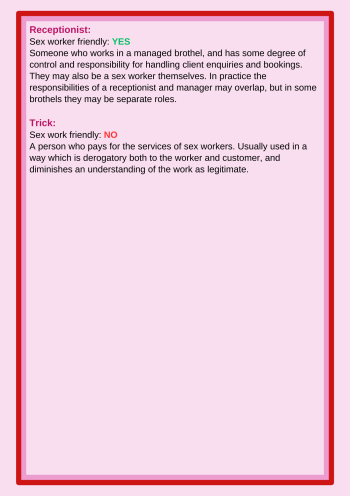NZPC welcomes enquiries from the media. If you are a journalist with any question, big or small, please contact us and we will be able to help.
We know that stigma is a contributor to violence and that sometimes stigma is reinforced by media. This Best Practice guide is a community project, born out of frustration with how sex workers have historically been represented and reported on in the media.
We brought sex workers together from across Aotearoa to create this resource. It will be especially useful for those who are not familiar with our community, those new to journalism, or those new to the decriminalised context of NZ where sex work can be more out in the open.
Scroll down for a glossary of terms and guidance regarding safety, informed consent, language and who/how to approach. The complete resource with glossary and ideal email approach can be found here
*Watch this space in 2024 for a (free) Stock Image Bank , with images representing the sex work community curated by our community.
